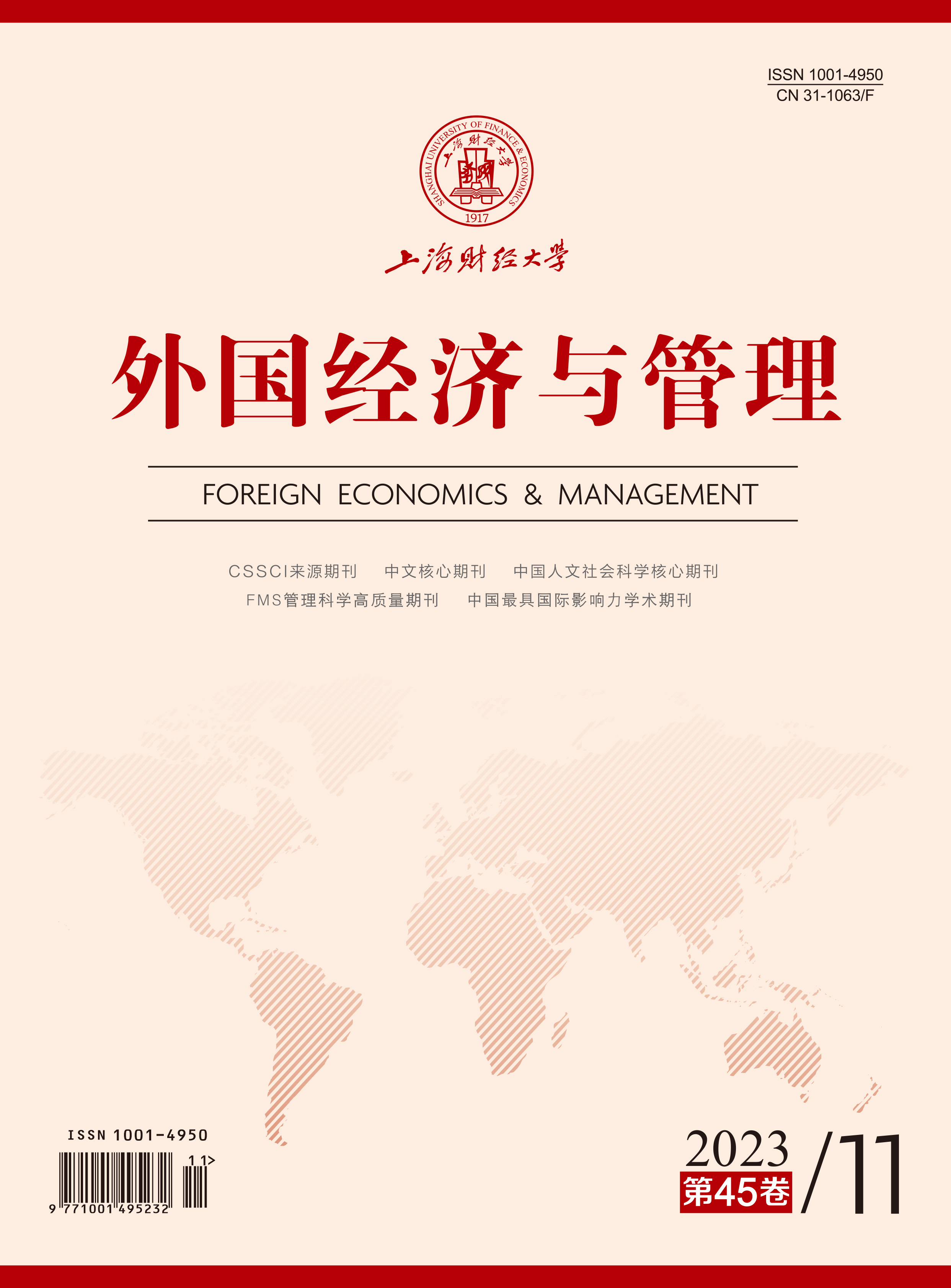In recent years, couple-controlled family firms in China have frequently led to “thunderstorm” in the capital market. Under this realistic background, hiring high-quality auditors has become an important means to help couple-controlled family firms improve their corporate governance mechanism. Although some studies have focused on the related topics of auditor choice in family firms, few focus on couple-controlled family firms, and the motivation of auditor choice has not been explored from the perspective of husband-wife power allocation mode. As the strategic choice of firms mainly depends on key decision-makers, how the husband and wife, who are the key decision-makers of couple-controlled family firms, allocate their power will have a direct impact on the strategic decision.
With the continuous progress of the society, the position of wife is increasingly prominent. In some couple-controlled family firms, the wife holds a higher position in the board of directors or the management than her husband, which is defined as “marital role reversion” in this paper. Marital role reversion not only optimizes the existing power allocation mode under the joint leadership of husband and wife, but also impacts the concept of family firm governance under the traditional social and cultural cognition, thus further conforming to China’s basic national policy of equality between men and women. Therefore, it has become an important standard to test the effectiveness of marital role reversion by discussing whether it can prompt family firms to hire high-quality auditors to improve their corporate governance mechanism.
This paper takes couple-controlled family firms as the sample, and empirically tests the impact of marital role reversion on the auditor choice in family firms. The study finds that marital role reversion promotes family firms to choose high-quality auditors, and its mechanism is that the wife actively seeks high-quality auditors for the purpose of improving the corporate governance mechanism of family firms. For non-entrepreneurship family firms, family firms with a low degree of checks and balances of state-owned shareholders, and family firms in areas with weak traditional culture, the positive impact of marital role reversion on auditor choice is more significant. Based on the research of marital characteristics, it is found that the marital status, the number of offspring involvement and the attributes of senior executives’ relatives all affect the relationship between marital role reversion and auditor choice. The study further distinguishes the allocation of control power and finds that when control power is more allocated to the husband, marital role reversion can more effectively promote family firms to select high-quality auditors. Finally, this paper also excludes the alternative hypothesis that a family firm may have a cautious wife when choosing a high-quality auditor.
This paper analyzes the motivation mechanism of auditor choice in family firms from the perspective of husband-wife relationship, which not only provides an effective way to help family firms improve their corporate governance mechanism, but also has important value in helping the sustained and healthy development of national economy.





 7223
7223  5494
5494

